An Introduction to Systematic Herbalism: Nature’s Guide to Holistic Healing
Herbalism is the study and utilization of plants to support our mind, body, and spirit. Throughout the ages, this healing practice has been known by many names and embraced by numerous cultures—all united by the goal of connecting with nature and finding remedy in its bounty. In this post, we explore systematic herbalism, a holistic approach that emphasizes supporting each system of the body for complete well-being. One of the most engaging ways to learn about herbal remedies is through direct experience—ingesting and observing the effects of different plants on our body systems. Join me as we break down the various systems of the body and see how herbs can help balance and heal them.
Plants affect our bodies by eliciting actions within ourselves. Some are gentle and therapeutic in their actions while others hold innocently disguised toxins, just a drop of which can stop a human heart. Differentiating between the two takes a skill finely tuned to minute details. Nowadays herbs and therapeutics may be purchased online or directly from experienced growers. But in the past where foraging and experimentation were key to the practice, knowing the subtleties of nature was the difference between life and death.
What is Systematic Herbalism?
At its core, systematic herbalism is about looking at the body as an interconnected whole. Unlike traditional herbalism, which might focus on isolated remedies, systematic herbalism emphasizes supporting each of the body’s systems to achieve balanced health. By understanding how herbs affect everything—from digestion to mental clarity—you can create herbal formulas that work harmoniously with your body.
For example, a common challenge in natural healing is treating a skin condition that actually stems from an imbalance within the digestive system. Systematic herbalism teaches you to identify these root causes, ensuring that your remedies not only relieve symptoms but restore overall balance.
Life is not stationary, it is ever changing and therefore the relationship between these systems is ever changing. We can use these observations about our bodies to notice when something is out of balance. By taking note of the actions of our bodies we can figure out the action and then herb needed to restore balance. Let us now define the systems in just a bit more depth!
12 Systems of the Body
Modern medicine breaks the body into twelve interrelated systems. When each system is supported by the right herbal remedy, the entire body can thrive. Here’s how herbs can make a difference:
Digestive System
The digestive system is the engine that converts food into energy and essential nutrients. It encompasses the mouth, stomach, small and large intestines, liver, pancreas, and gallbladder. When digestion falters, nutrient absorption suffers, leading to imbalances that may affect other systems. Herbs like ginger, peppermint, and chamomile not only soothe an upset stomach but also help maintain a healthy gut microbiome, reduce inflammation, and stimulate bile flow for better digestion. These botanicals can calm cramping, ease nausea, and ensure that your body absorbs the nutrients it needs to thrive.
Respiratory System
Your respiratory system, centered around the lungs, is critical for oxygenating the blood and removing carbon dioxide. A healthy respiratory system ensures that every cell receives adequate oxygen. Herbs such as eucalyptus, thyme, and licorice possess natural expectorant and anti-inflammatory properties that help clear congestion, soothe irritated airways, and ease sinus inflammation. These remedies can support breathing during seasonal allergies or after exposure to pollutants, ensuring that your lungs function optimally.
Cardiovascular System
The cardiovascular system, made up of the heart and blood vessels, is responsible for the circulation of blood, delivering oxygen, hormones, and nutrients throughout the body. A robust cardiovascular system is essential for overall energy and vitality. Herbs like hawthorn, garlic, and ginger may help lower blood pressure, reduce cholesterol levels, and improve circulation. These botanicals support the heart's pump function and help maintain the elasticity of blood vessels, reducing the strain on your heart over time.
Nervous System
The nervous system—a network incorporating the brain, spinal cord, and peripheral nerves—controls every function in your body, from movement to sensation. Maintaining a balanced nervous system is key for stress management, cognitive function, and emotional well-being. Adaptogenic herbs such as ashwagandha, lemon balm, and rhodiola help stabilize neurotransmitter levels while reducing the impact of chronic stress. They promote relaxation and balance, allowing you to navigate daily challenges with a calmer mind.
Cognitive Health
Cognitive health focuses specifically on the brain’s function, including memory, focus, and overall mental clarity. Keep your cognitive systems in top shape with herbs known for their neuroprotective and nootropic properties. Ginkgo biloba, bacopa, and gotu kola support neurogenesis (the growth of new neurons), improve circulation to the brain, and help defend against oxidative stress. These herbs can enhance concentration, reduce mental fatigue, and safeguard the neural networks essential for memory and learning.
Urinary System
The urinary system, consisting of the kidneys, ureters, bladder, and urethra, is responsible for filtering waste products from the blood and regulating water and electrolyte balance. When this system is under stress, toxins can accumulate, and overall fluid balance may be disrupted. Diuretic herbs like dandelion, parsley, and horsetail assist in flushing out toxins and supporting kidney health. These herbs can help maintain optimal fluid levels and ensure that waste products are effectively eliminated from the body.
Endocrine System
The endocrine system is the body’s hormonal command center, responsible for producing and regulating hormones that affect metabolism, growth, and mood. A well-balanced endocrine system is crucial for energy levels, weight management, and overall well-being. Herbs such as maca, ashwagandha, and licorice are known to support hormonal balance, aid thyroid function, and help mitigate the symptoms of adrenal fatigue. By harmonizing hormone levels, these herbs contribute to improved mood, energy, and metabolic function.
Lymphatic System
The lymphatic system is an essential part of the immune defense, responsible for transporting lymph—a fluid containing white blood cells that combat infection—throughout the body. This network helps remove waste and toxins while defending against pathogens. Herbs like echinacea, red clover, and goldenseal offer anti-inflammatory and antimicrobial benefits that support detoxification. By promoting lymphatic drainage and reducing congestion, these botanicals help keep your immune system agile and responsive.
Joints, Muscles, and Bones
Together, the skeletal and muscular systems enable movement and provide structure. With age or injury, joints can become inflamed, muscles may weaken, and bones can lose density. Anti-inflammatory herbs such as turmeric, boswellia, and devil's claw help reduce joint pain and stiffness while promoting circulation to support muscle recovery. Additionally, herbs rich in calcium and other minerals can help strengthen bones and enhance overall mobility, allowing you to maintain an active lifestyle.
Hair, Skin, and Nails
The integumentary system, which includes your hair, skin, and nails, protects your internal organs and serves as a barrier against environmental damage. This system is highly visible, often reflecting what’s happening internally. Botanicals like aloe vera, horsetail, and nettle are prized for their nutrient profiles that promote collagen production, improve hydration, and encourage the growth of strong, healthy hair, skin, and nails. These herbs help repair damage from environmental stressors while supporting natural cell regeneration.
Female Reproductive System
The female reproductive system includes not only the organs essential for fertility—such as the ovaries, uterus, and fallopian tubes—but also the cyclical nature of menstruation and the transitions of menopause. This system is intricately tied to hormonal balance. Herbs like vitex (chasteberry), black cohosh, and dong quai can ease symptoms related to hormonal fluctuations, support uterine health, and help balance the menstrual cycle. Such remedies foster comfort and wellness throughout various stages of a woman's life.
Male Reproductive System
The male reproductive system encompasses the testes, prostate, and associated structures, playing a crucial role in testosterone production and overall reproductive health. Maintaining optimal function in this system is key for energy, muscle mass, and fertility. Herbs such as saw palmetto, tribulus terrestris, and ginseng work to support hormonal balance, improve blood flow, and enhance vitality. These botanicals can help regulate testosterone levels and promote reproductive health in a natural, balanced way.
Why Systematic Herbalism Matters
By studying systematic herbalism, you gain a deeper understanding of how each plant remedy interacts with the different systems of your body. This holistic approach not only targets symptoms but tackles the underlying imbalances that lead to health issues. When you learn how to listen to your body and recognize which system might be out of sync, you’ll be empowered to choose the best herbal strategies for healing.
Embracing systematic herbalism means embracing a lifestyle of mindful observation and continuous learning—a journey that connects you with nature and nurtures your body, mind, and spirit.












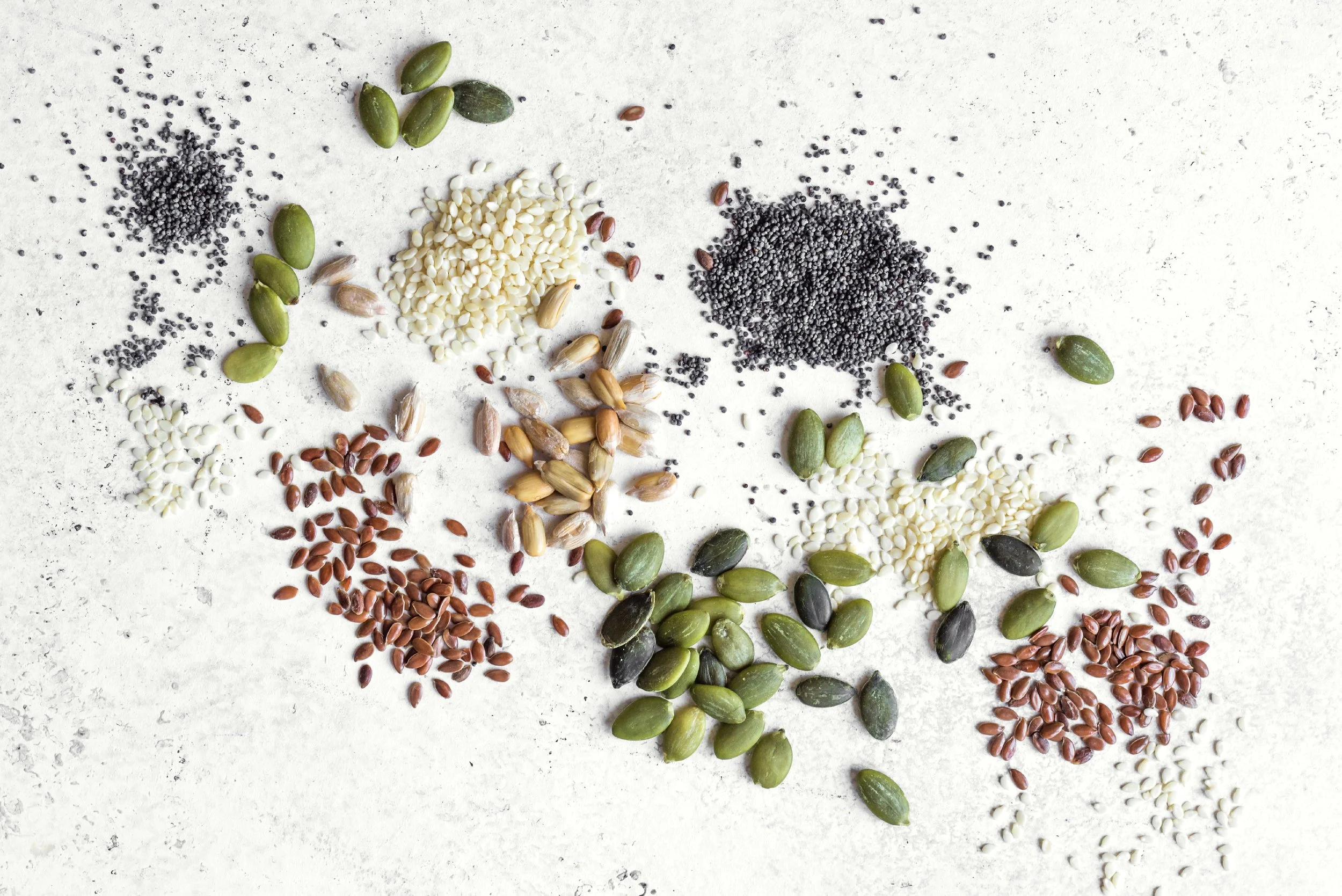
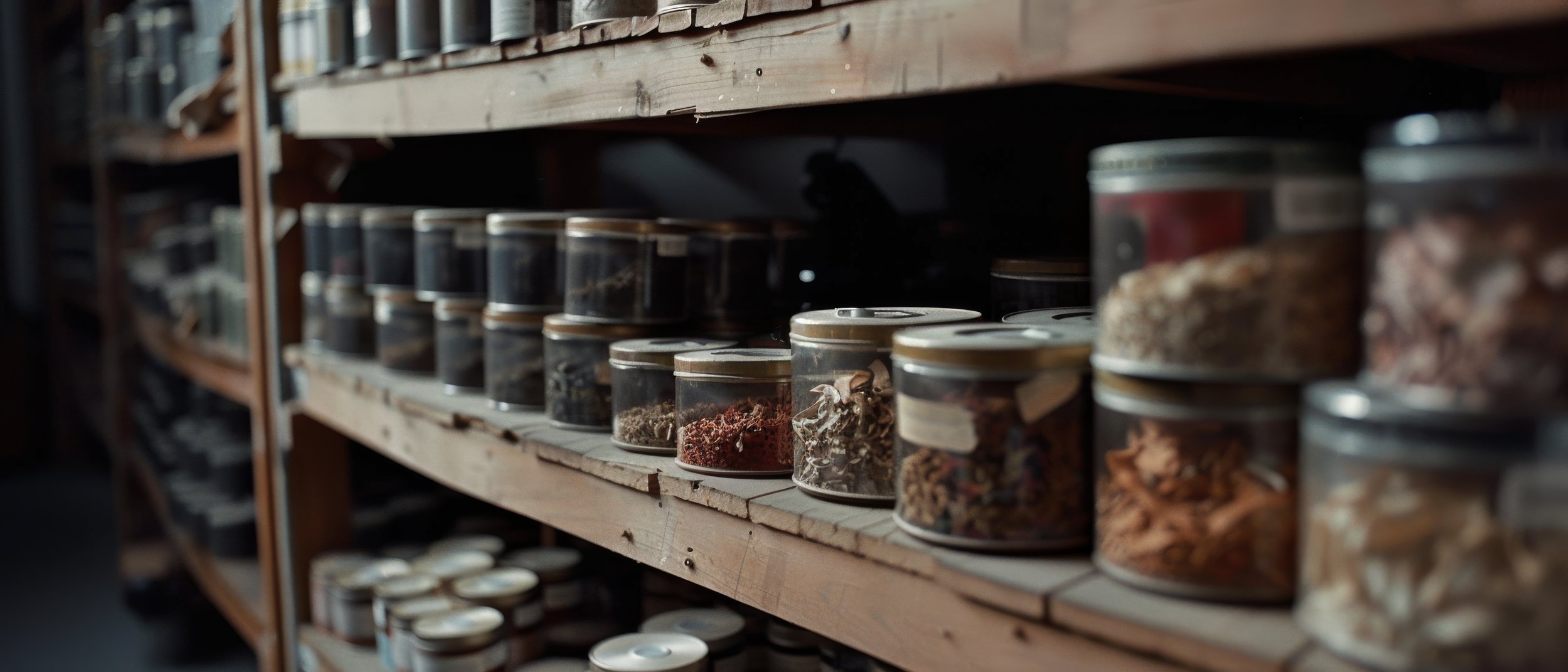
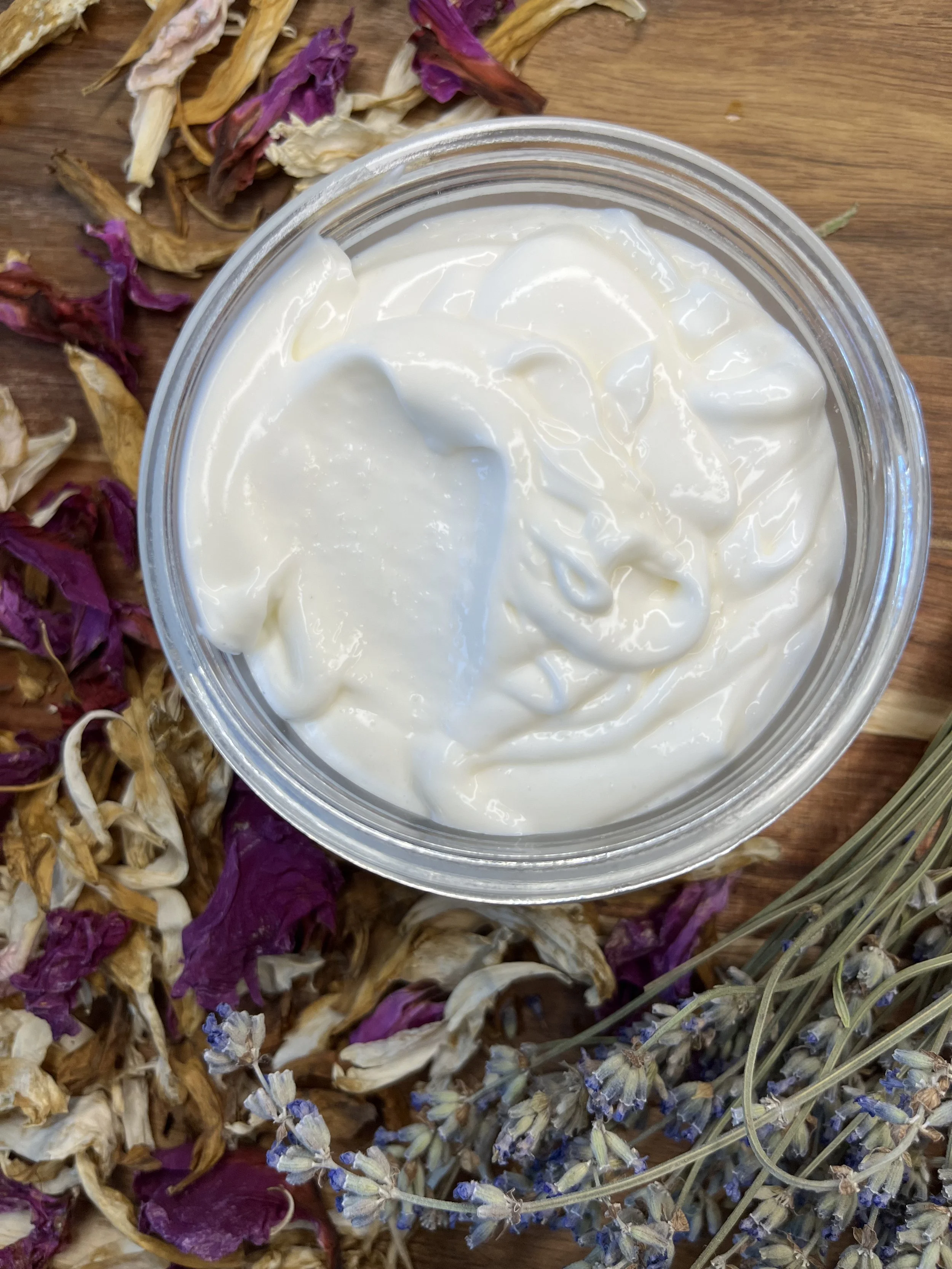
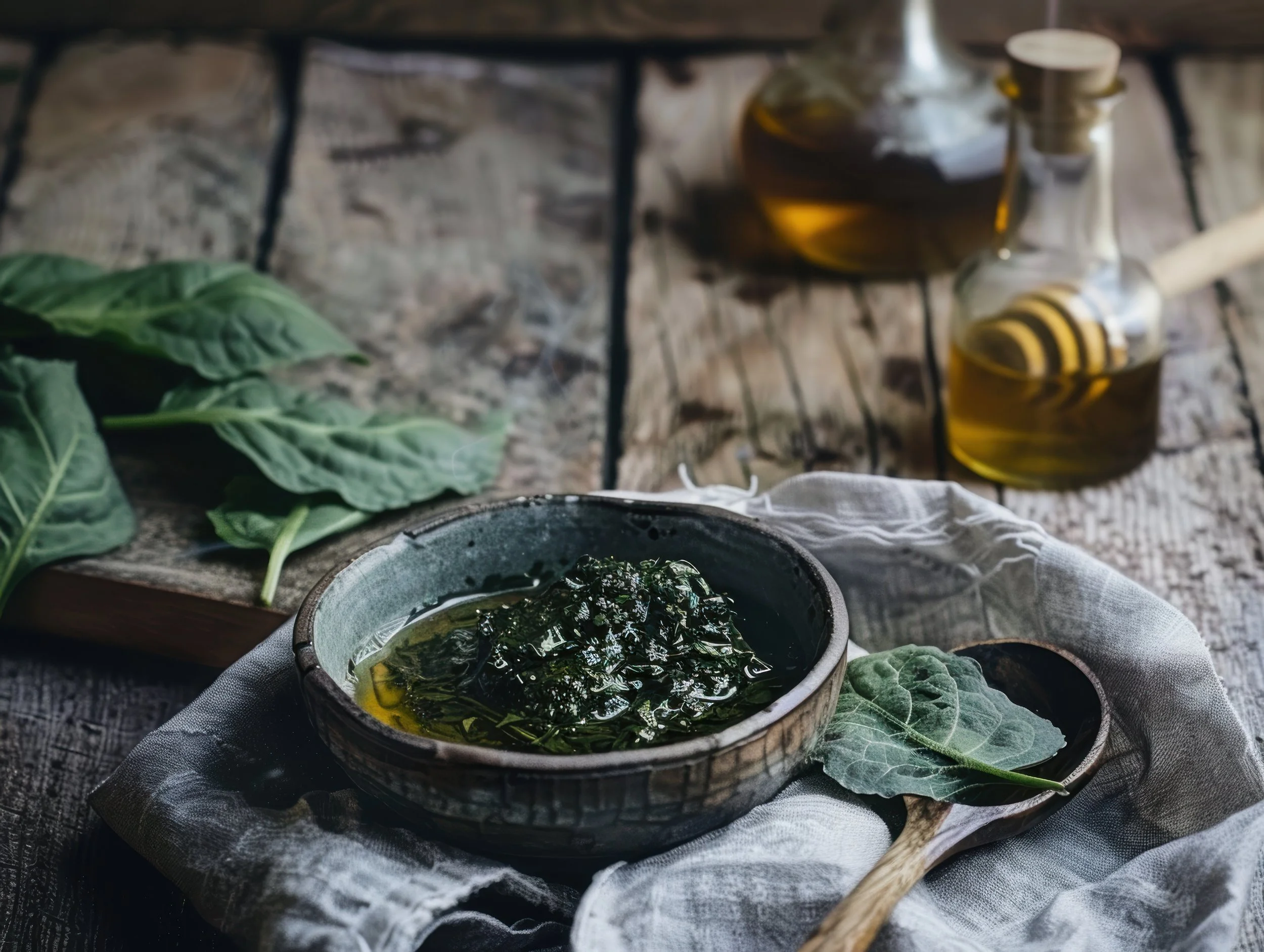
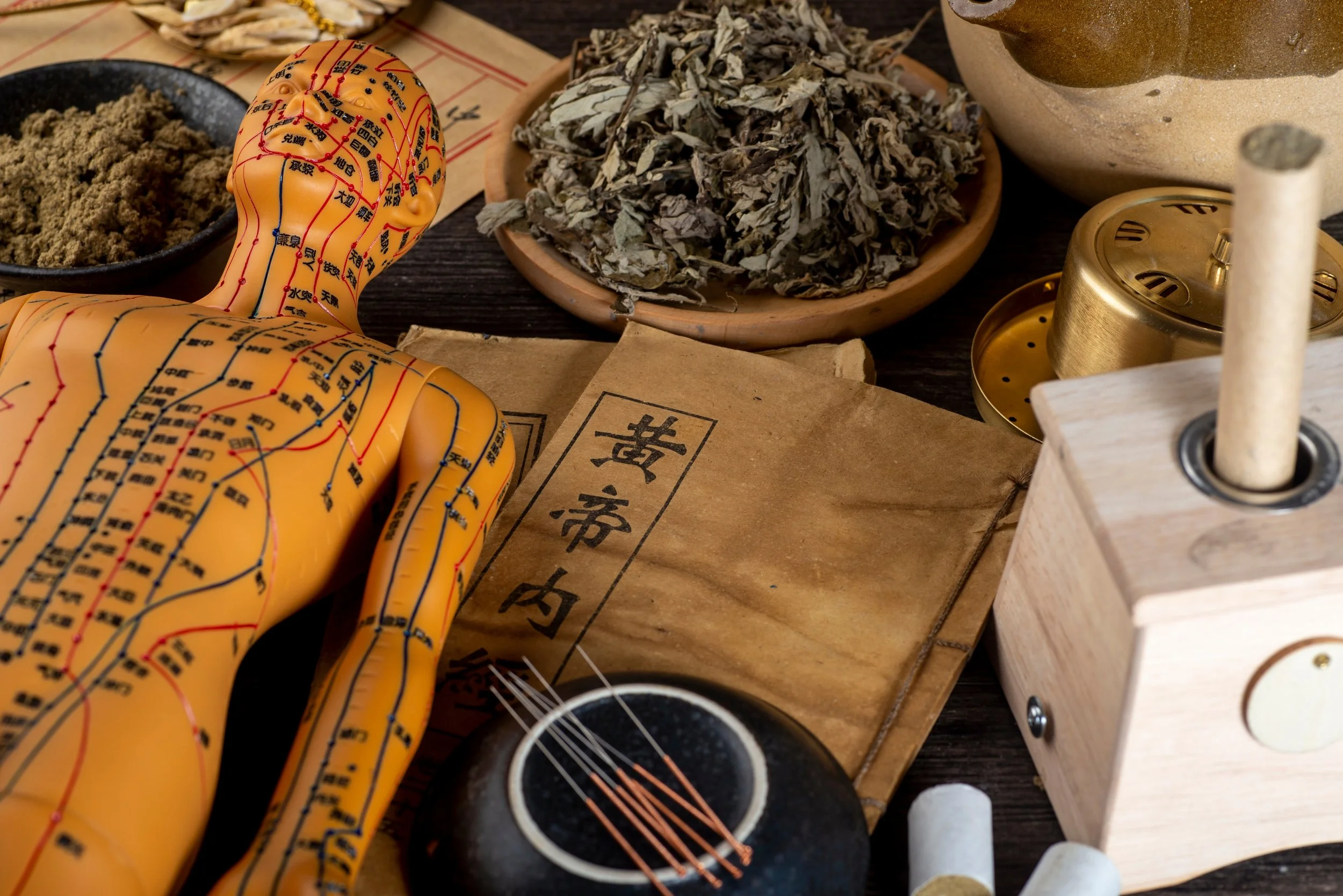





Hello and welcome! I'm Eve, a Chemist turned Herbalist, sharing the wonders of plant medicine and botanical skincare. Join me on this journey to Learn, Create, and Align your Divine!